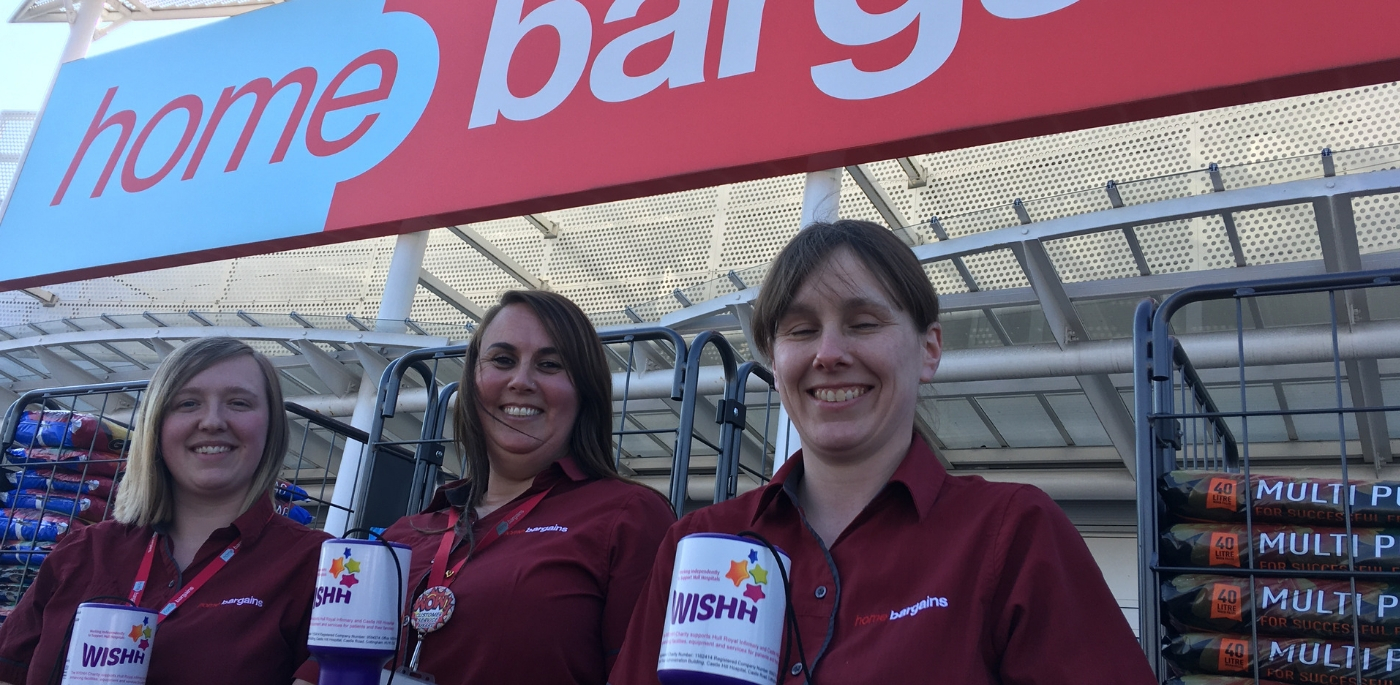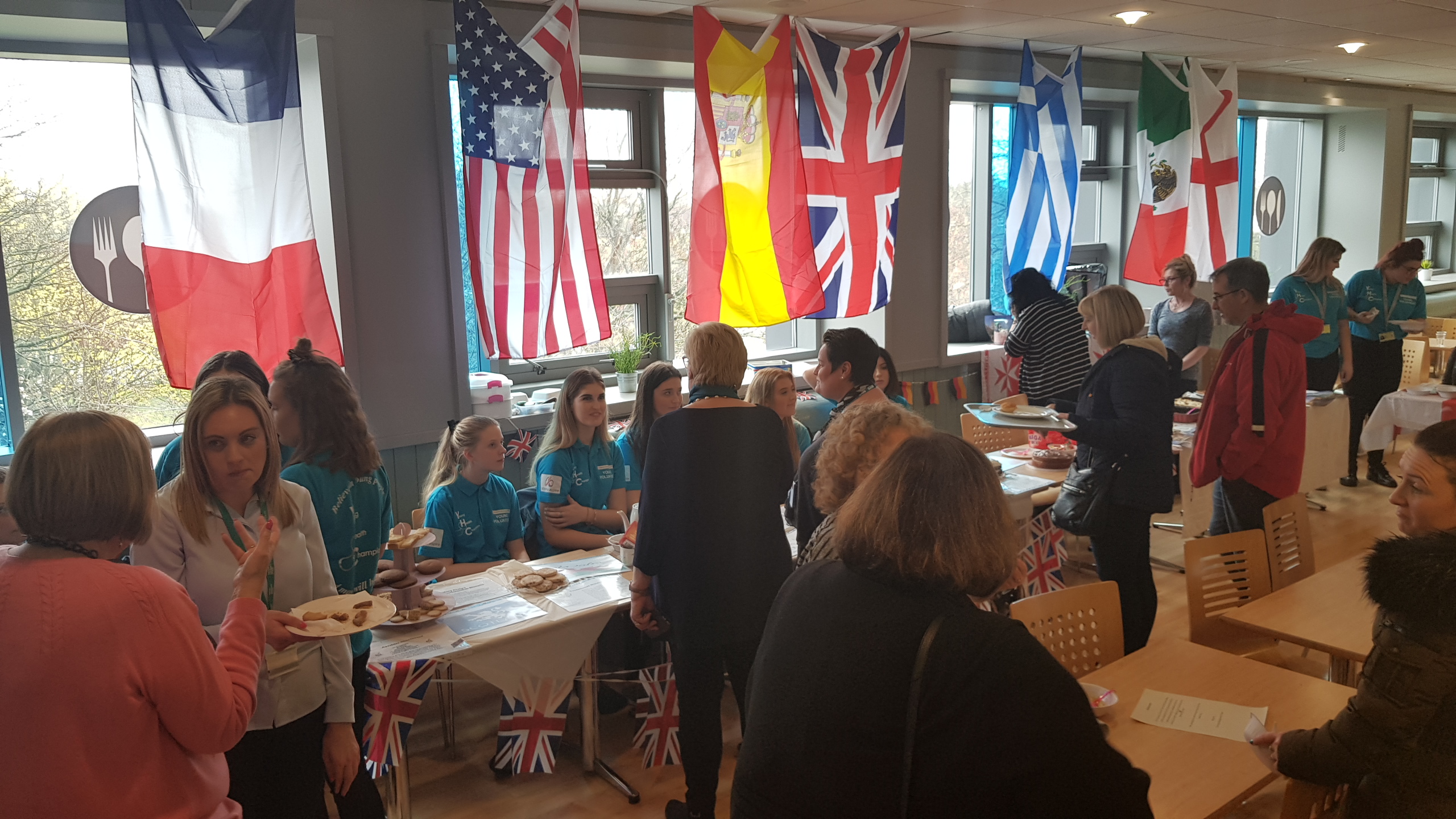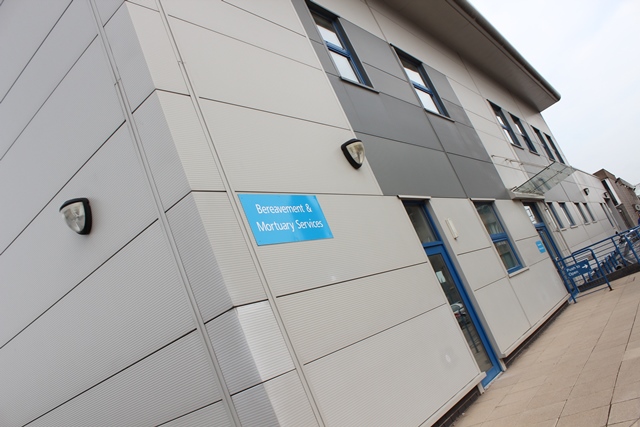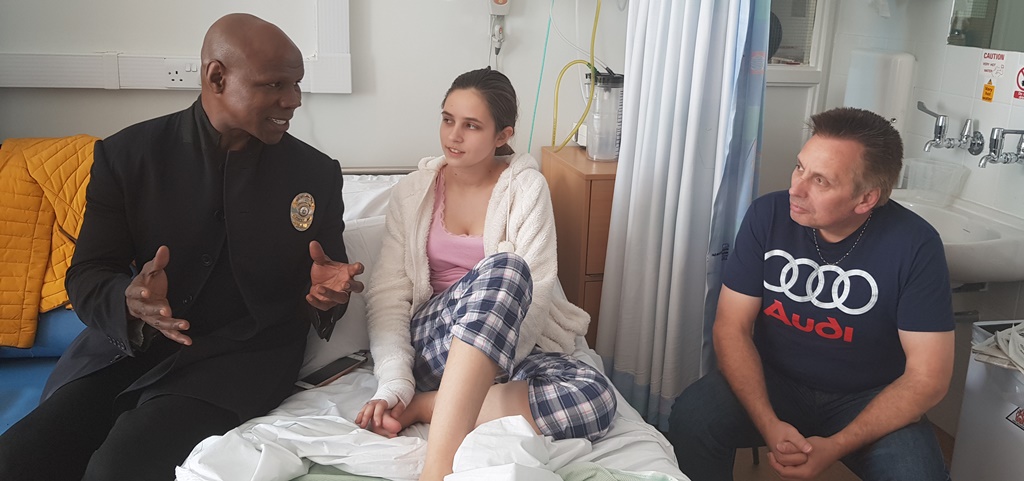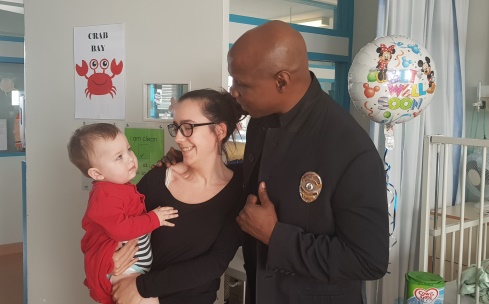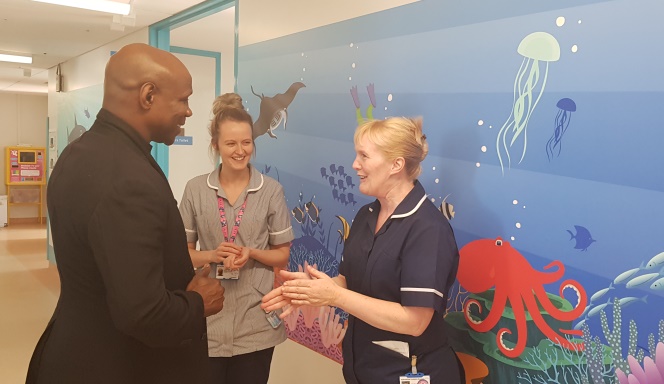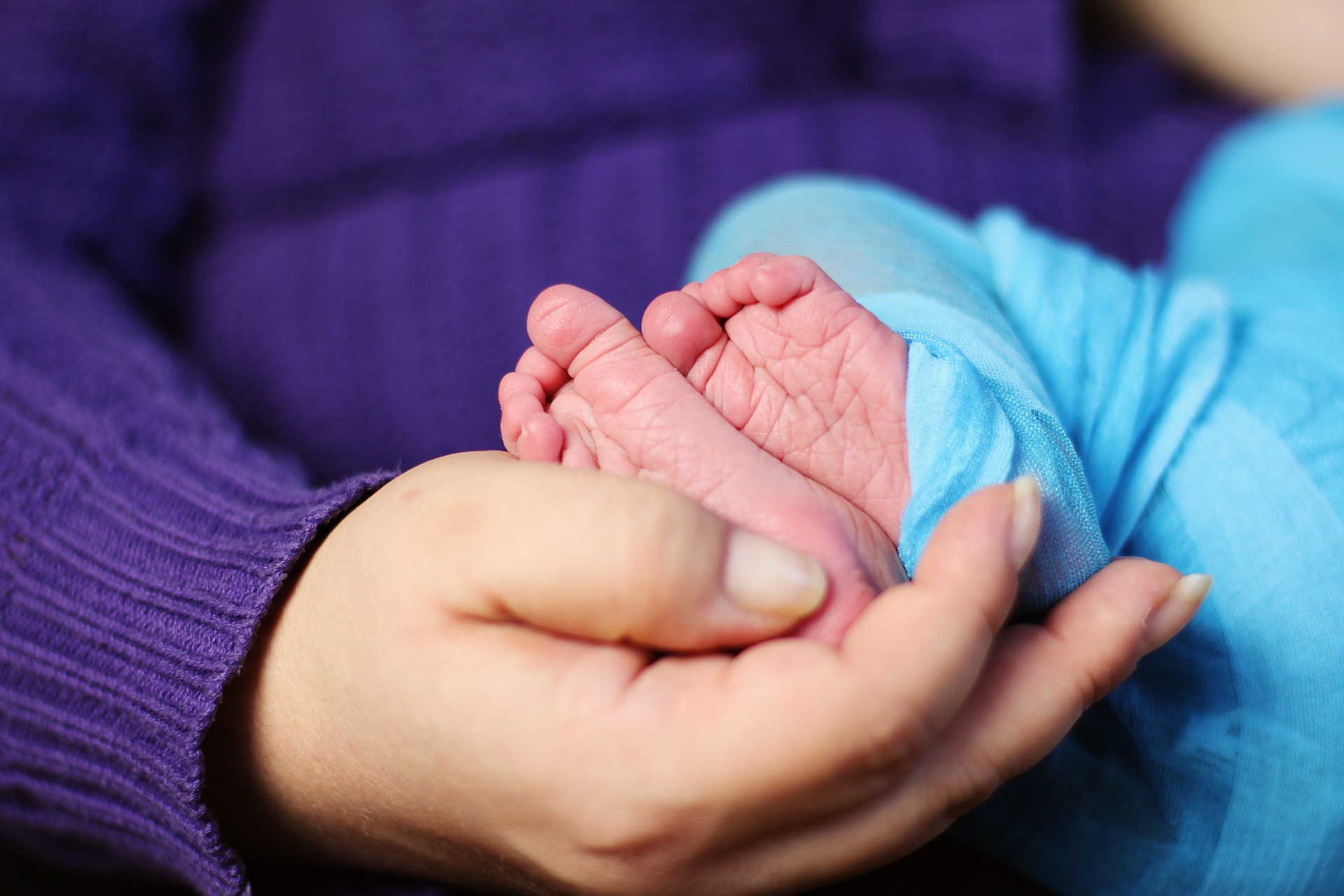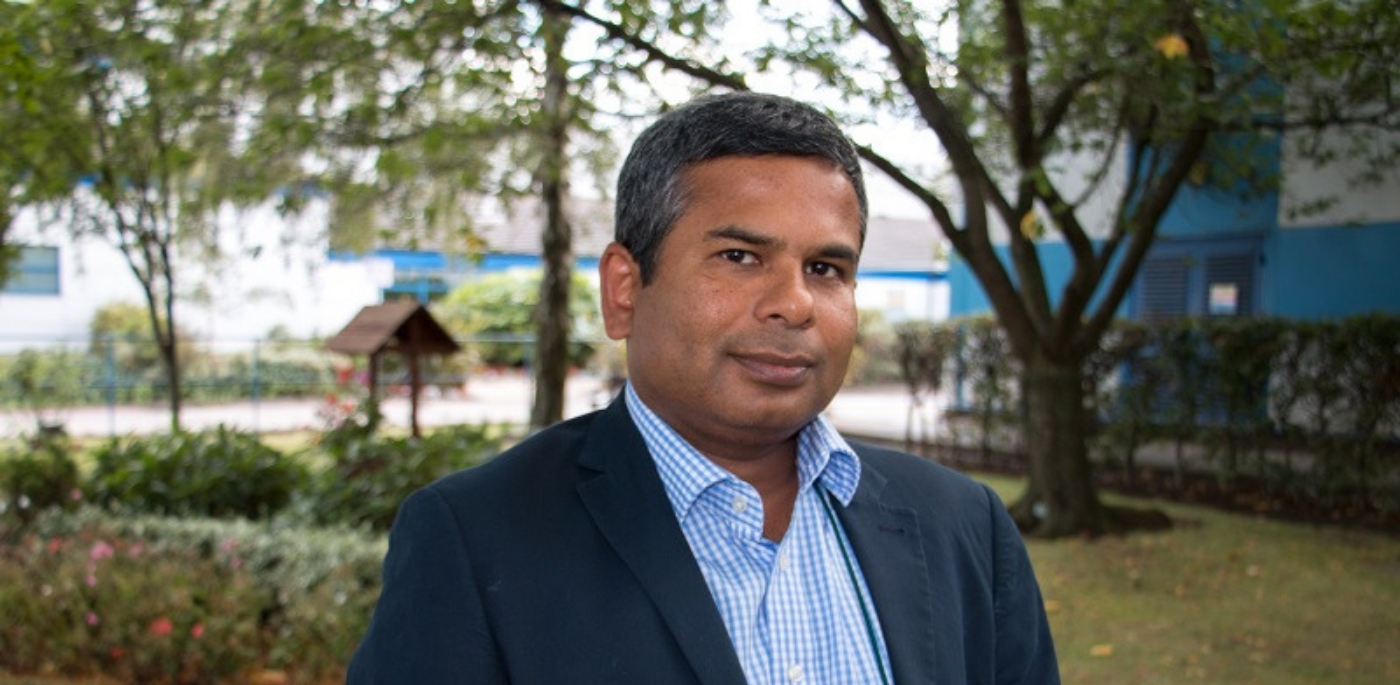A man who assaulted a nurse and two security officers at Hull Royal Infirmary has been placed under a night-time curfew and been ordered to pay them compensation.
Mark Gallagher, 42, assaulted the nurse in the early hours of February 16 after he was brought to Hull Royal’s Emergency Department with a head injury. He then assaulted two security officers called to escort him out of the department.
Gallagher was prosecuted under new legislation designed to protect emergency workers, including NHS staff.
Ron Gregory, the trust’s security manager, said the prosecution under the Assaults of Emergency Workers (Offences) Act should serve as a warning after more than 70 assaults by members of the public were reported by staff at Hull Royal Infirmary and Castle Hill Hospital in the past 12 months.
He said: “Anyone who is violent or abusive to any member of staff at our hospitals should be in no doubt they will face the appropriate punishment for their crime.
“Our staff come to work every day to help others. They do not come to work to be assaulted, abused, spat at or attacked and we will not tolerate any such behaviour.”
Hull University Teaching Hospitals NHS Trust is teaming up with Humberside Police in a new initiative called Operation Victor to prosecute offenders who commit crimes at either hospitals or attack staff.
Chief Inspector Lee Edwards of Humberside Police said: “Any assault on an emergency worker is wholly unacceptable and will not be tolerated.
“Our priority first and foremost is to protect and help the public, and attacks like these should not happen.
“If anyone thinks they can get away with assaulting an emergency worker, they are sorely mistaken, as they will now face much tougher penalties for such actions.”
The new legislation came into force at the end of last year, creating an offence of assault against an emergency worker in the exercise of their functions and increasing the maximum penalty from six to 12 months.
Gallagher appeared at Hull Magistrates’ Court on Monday to admit three counts of assault against emergency workers.
Magistrates were told he had gone drinking with a relative and was taken to Hull Royal with a head injury after falling over. He underwent scans, which were clear, but staff allowed him to stay in a cubicle to “sleep it off”.
James Byatt, prosecuting, told the court while a nurse was treating a patient in a nearby cubicle, Gallagher came in and assaulted her, pushing her by the shoulders and grabbing her wrists.
Mr Byatt said: “She said it had left her shaken and nervous. She felt helpless and it has made her more wary of intoxicated patients in the future.”
Security staff were called to the Emergency Department to escort Gallagher off the premises but he punched one and kicked another before being arrested by police.
Mike Farr, defending, said Gallagher, who has no previous convictions, had no recollection of the attack and had been taking medication for depression and anxiety, which he believed had reacted with the alcohol he drank.
“He is extremely sorry for his behaviour,” Mr Farr told the court. “He is extremely remorseful for his stupidity and his actions.”
Magistrates imposed a curfew on Gallagher, preventing him from being outside between the hours of 7pm to 7am for eight weeks. He was also given a 12-month community order and was ordered to pay £150 in compensation to each of the three members of staff. He was also ordered to pay £85 in costs and a victim surcharge of £85.
Lynda Carmichael, chair of the magistrates, told Gallagher: “It is a very, very serious offence.
“These are people in their workplace and, as such, deserve not only the respect but certainly to be safe in their workplace.”


